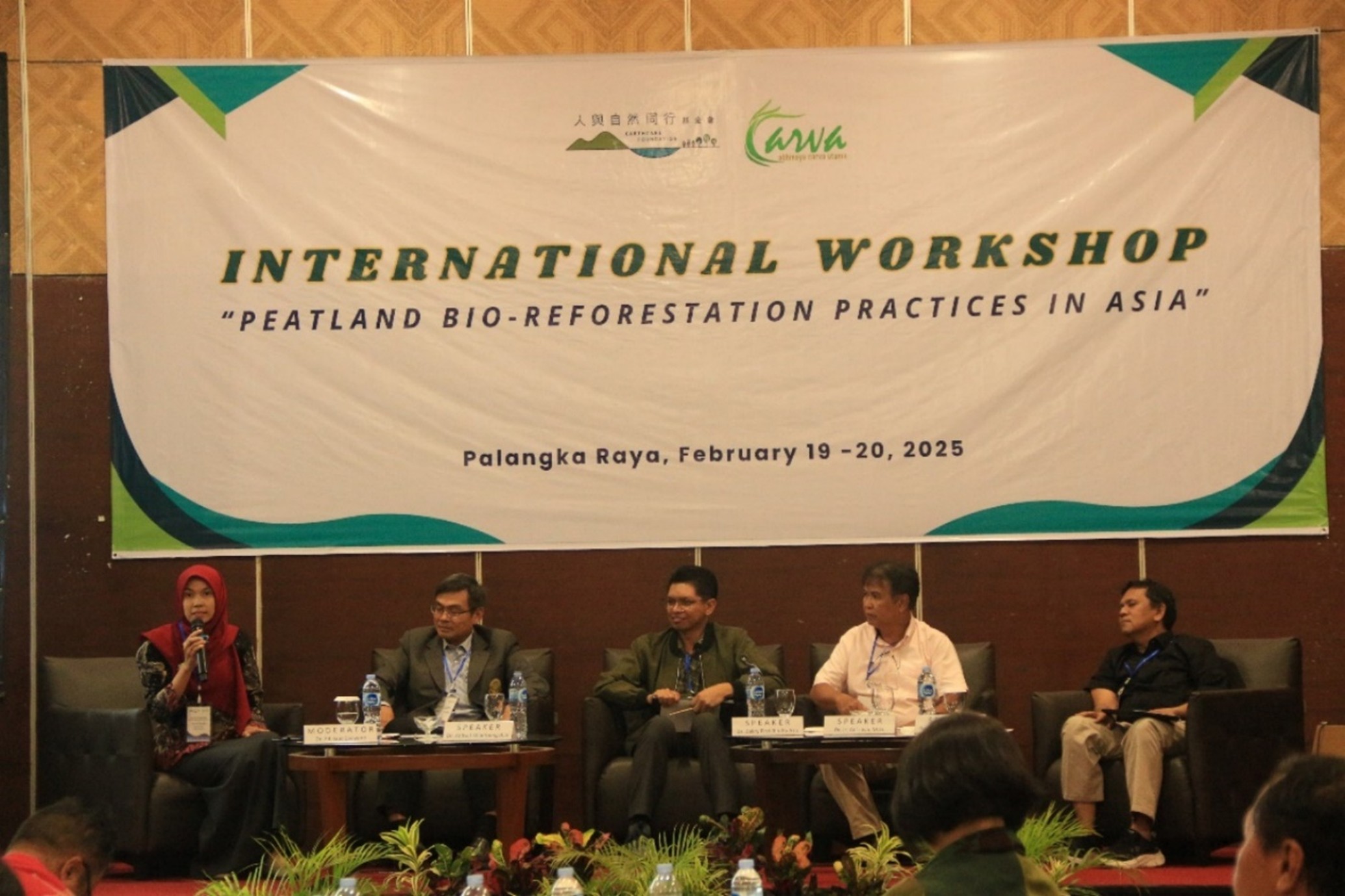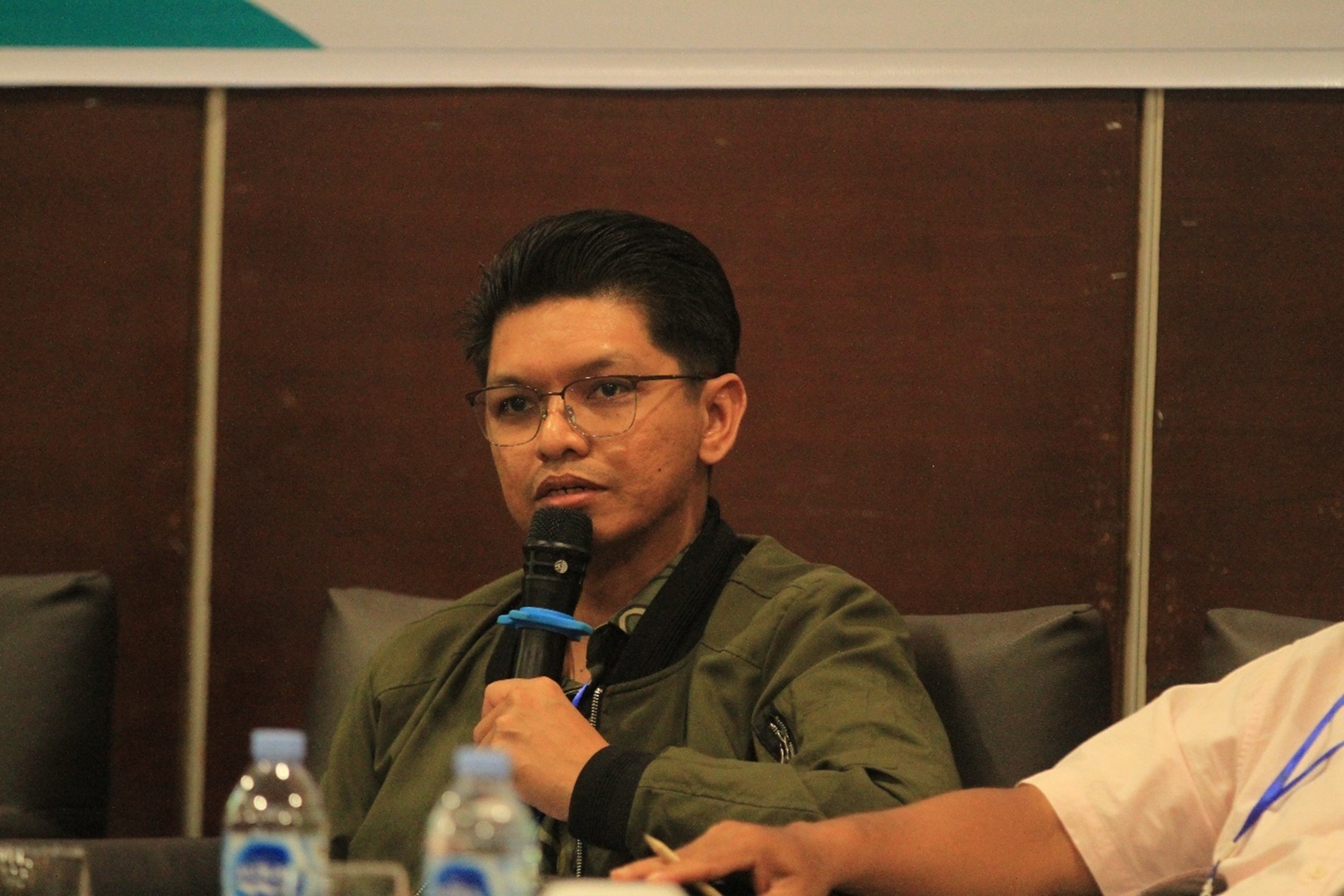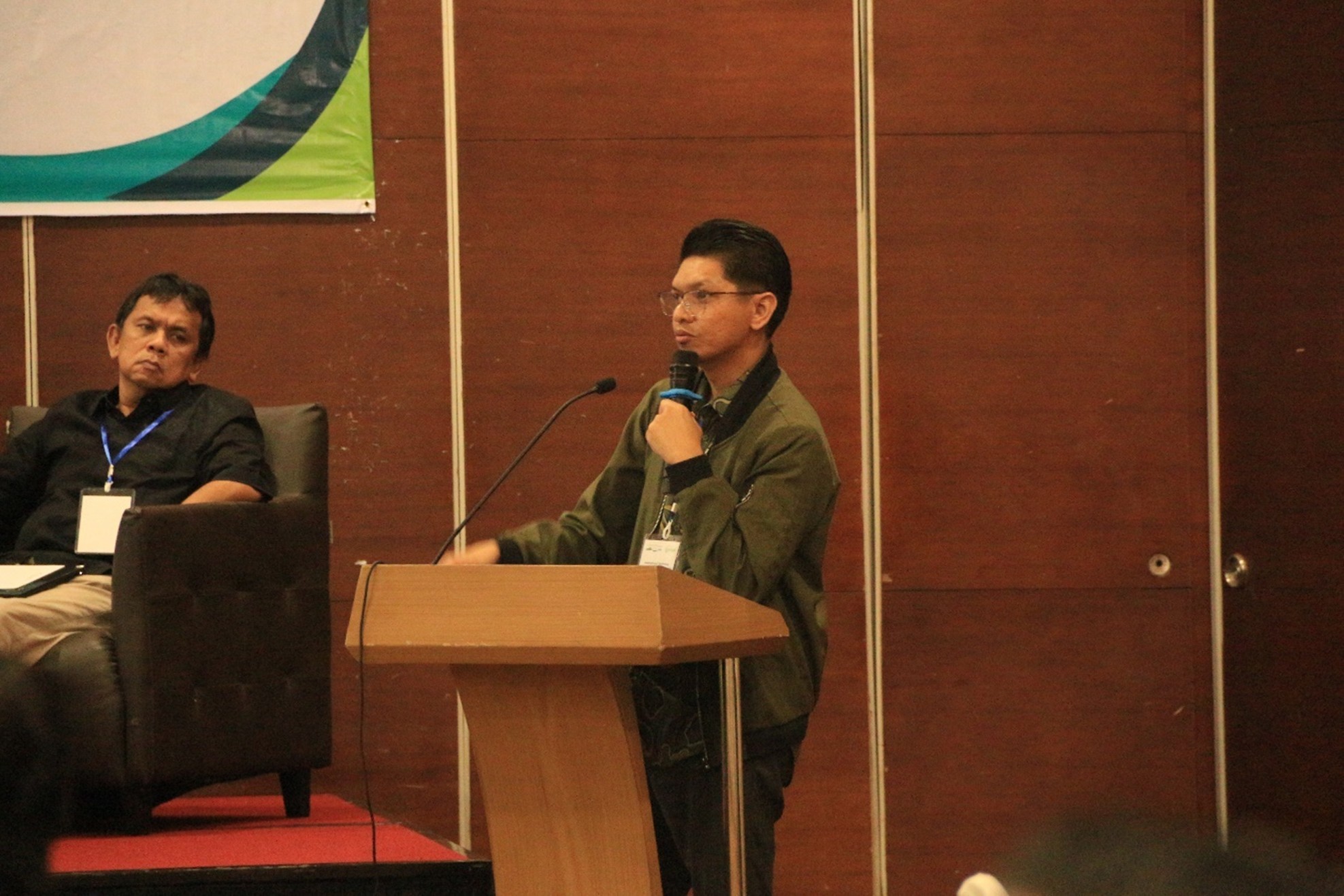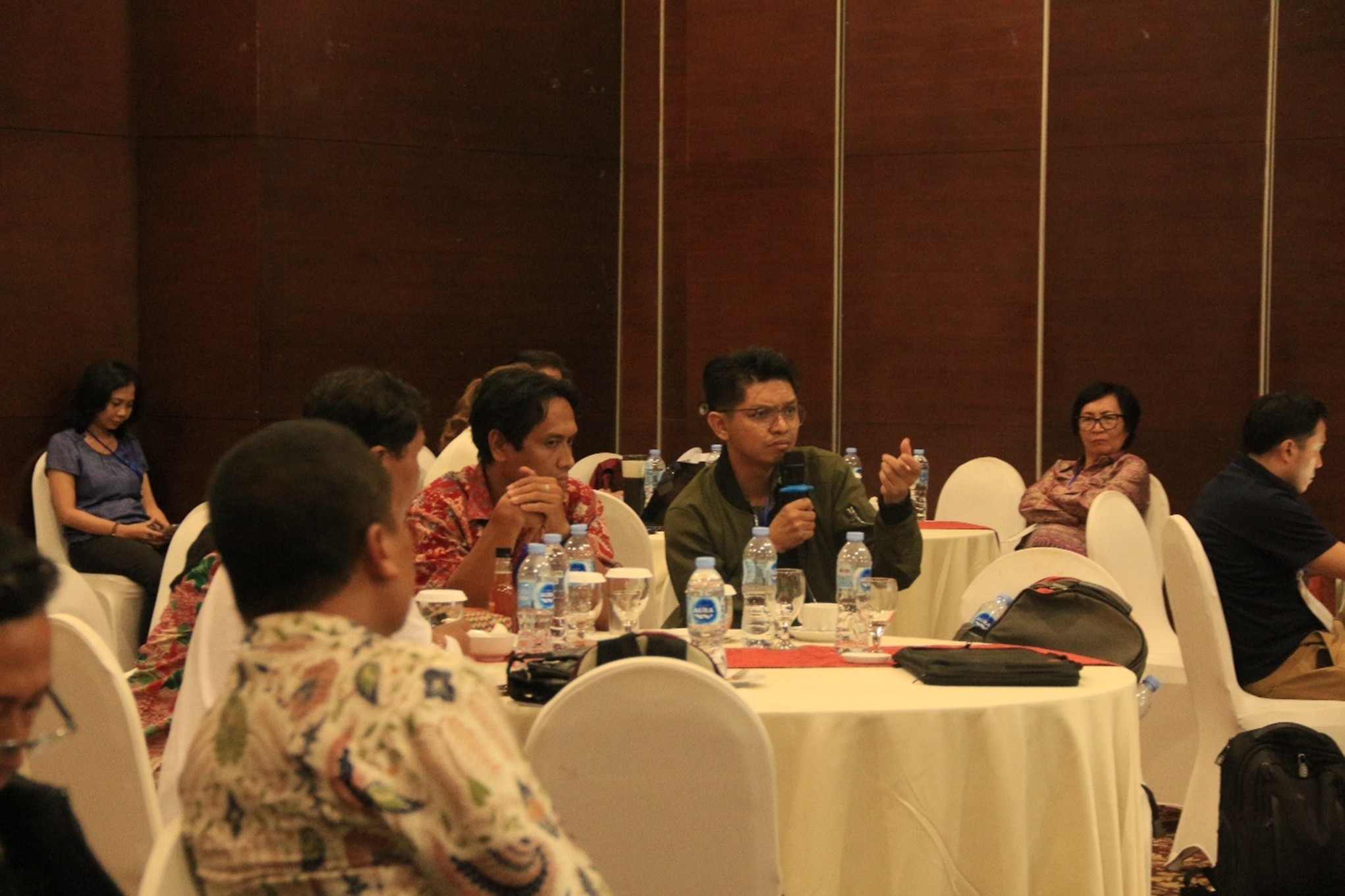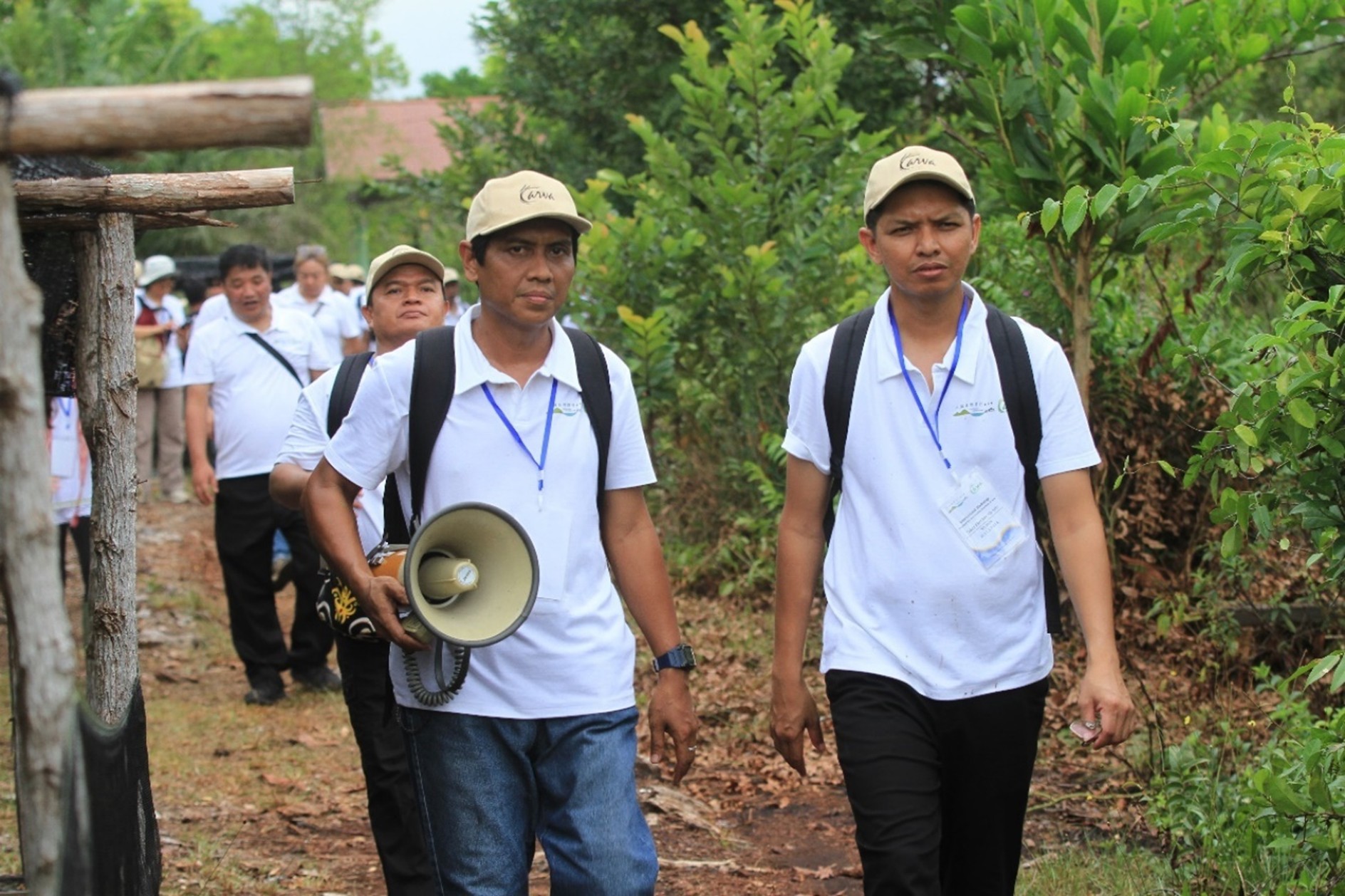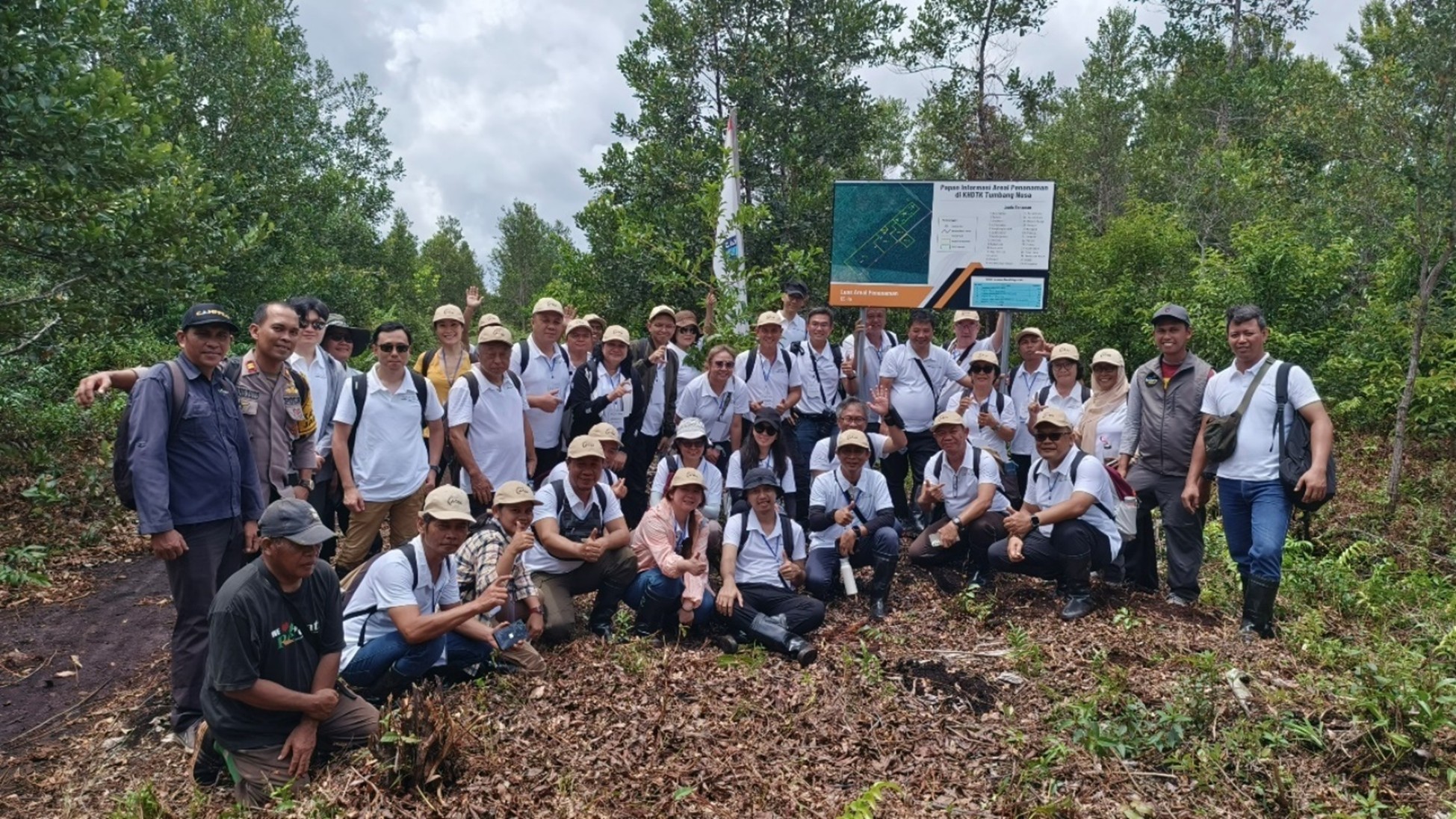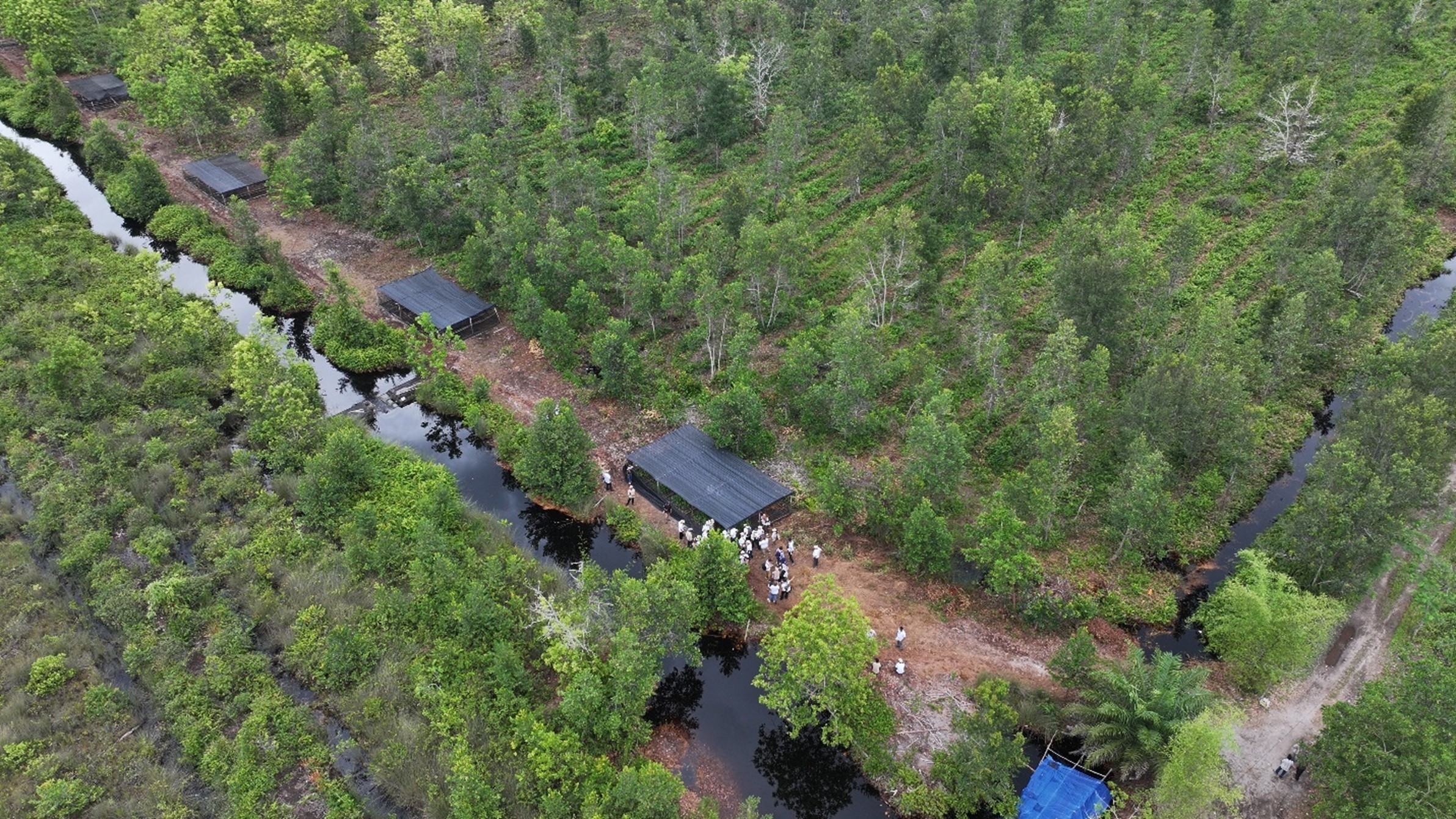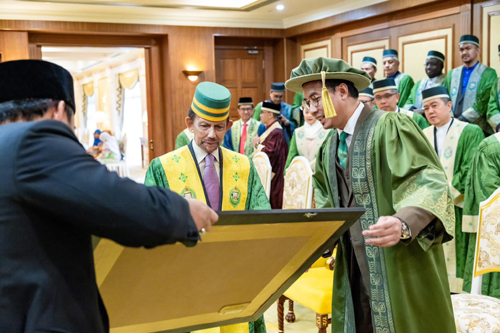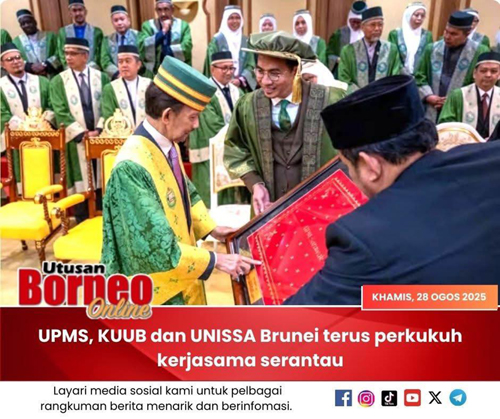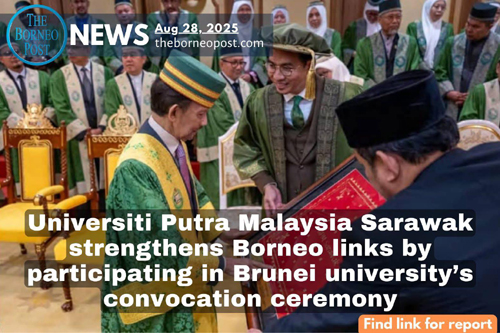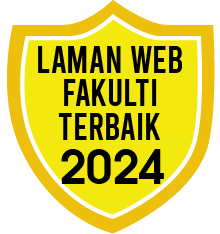PALANGKA RAYA, INDONESIA (February 20, 2025) – Restoring peatlands has never been easy. It takes time, resources, and a deep understanding of how these fragile ecosystems work. But what if the key to faster and more effective restoration has been hiding beneath our feet all along?
At the International Workshop on Peatland Bio-reforestation Practices in Asia, attended by experts from Indonesia, Malaysia, China, Japan, Hong Kong, Thailand, and Vietnam, Assoc. Prof. Dr. Zakry Fitri bin Ab Aziz from Universiti Putra Malaysia Bintulu Sarawak Campus took the stage with a compelling message: microbes could be the game-changers we’ve been looking for.
Dr. Zakry showed the idea of "Microbial Dark Matter", a fascinating concept referring to the 90% of microbes in peatlands that remain undiscovered. "We barely know what they do, yet they are critical to how peatlands function," he explained. "They could be the missing piece in our restoration puzzle."
For decades, peatland restoration has focused on methods like rewetting, reforestation, and water management. While effective, these strategies are expensive and slow. Dr. Zakry believes that microbial interventions can supercharge these efforts.
"Microbes are nature’s engineers. They help plants absorb nutrients, regulate carbon cycles, and even reduce harmful greenhouse gas emissions," he said. "If we learn how to work with them, we can restore peatlands faster and more efficiently."
Dr. Zakry highlighted some exciting microbial-based approaches such as bioaugmentation – adding specific beneficial microbes to peatlands, such as methane-eating bacteria, to reduce emissions and improve soil stability, biostimulation – encouraging existing microbes to thrive by enriching the soil with organic matter, mycorrhizal inoculation – partnering fungi with plants to enhance their survival and growth, and microbial consortia – creating a mix of microbes that work together to improve soil health and carbon sequestration.
To truly unlock the power of microbes, Dr. Zakry emphasized the role of modern technology. "AI and genetic profiling can help us identify which microbes are most beneficial and how we can use them in restoration," he said. "We have the tools, we just need to apply them."
While microbial restoration is still a developing field, Dr. Zakry encouraged more collaboration and investment in research. "We’re only scratching the surface. Imagine what we could achieve if we fully understand these invisible helpers," he said.
The workshop, organized by PT Abhinaya Carva Utama (Indonesia) and the EarthCare Foundation (Hong Kong), brought together experts from across Asia who are passionate about restoring the world’s peatlands. With continued research, microbes could soon be at the heart of these efforts, proving that sometimes, the smallest things make the biggest difference.
Date of Input: 26/02/2025 |
Updated: 26/02/2025 | lanz
MEDIA SHARING











